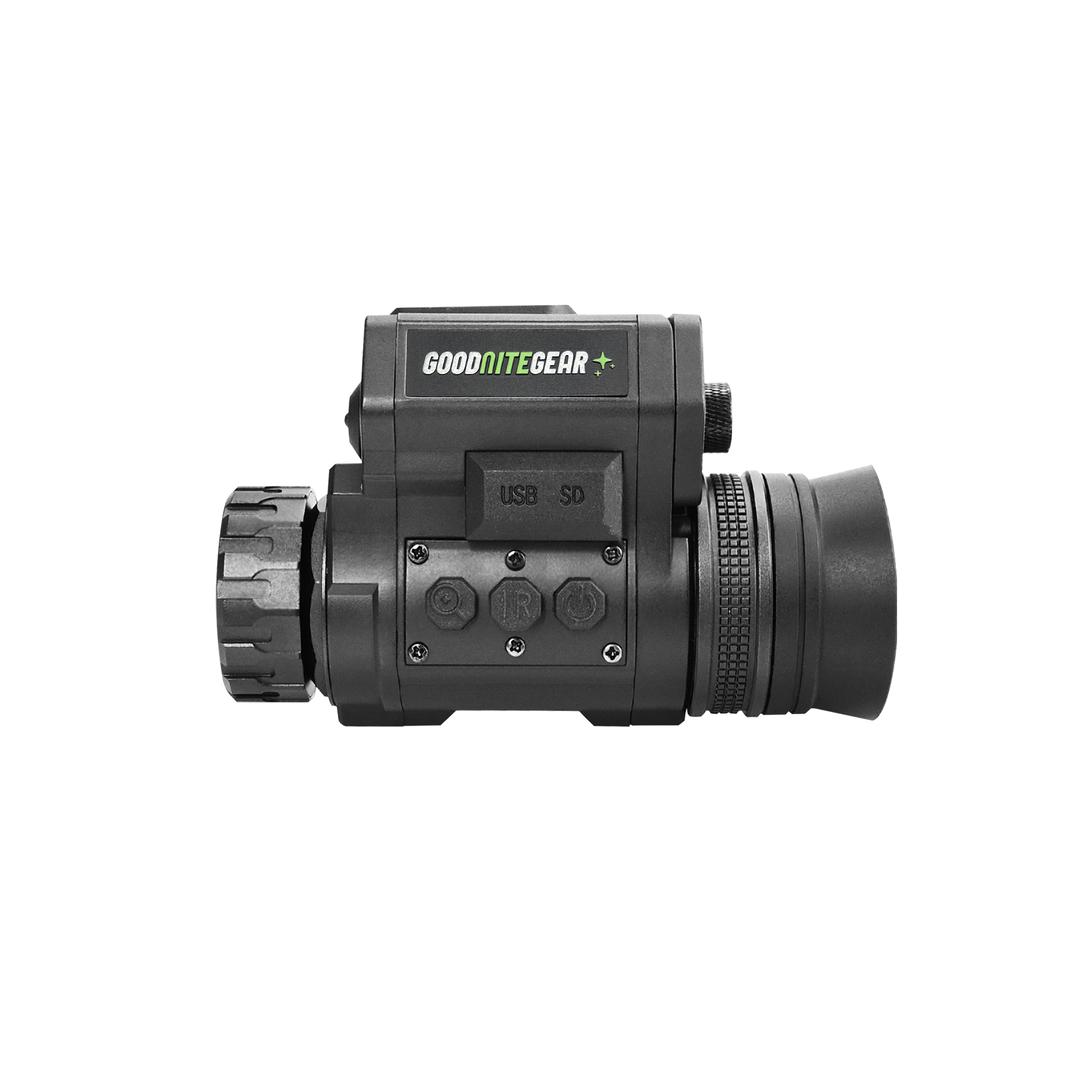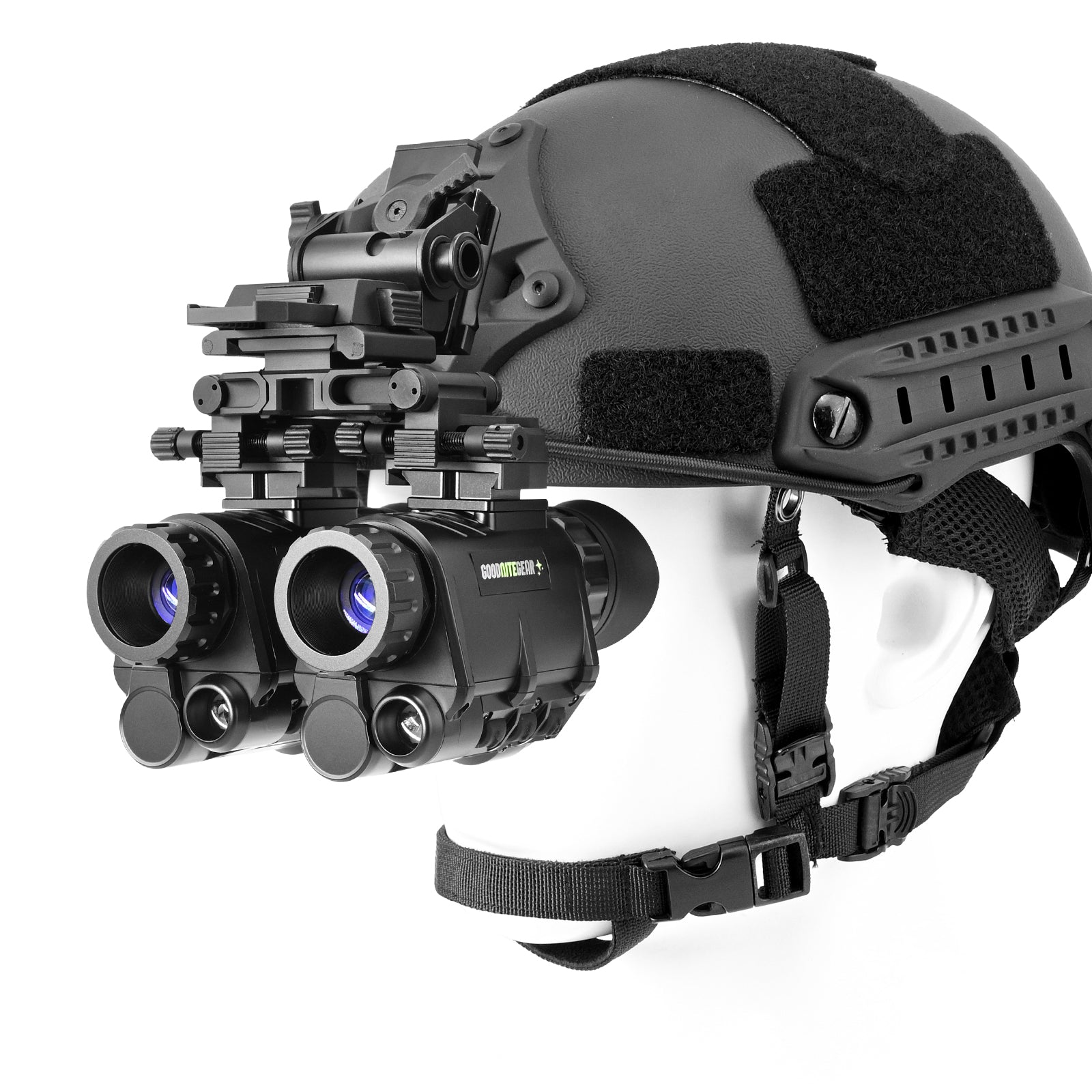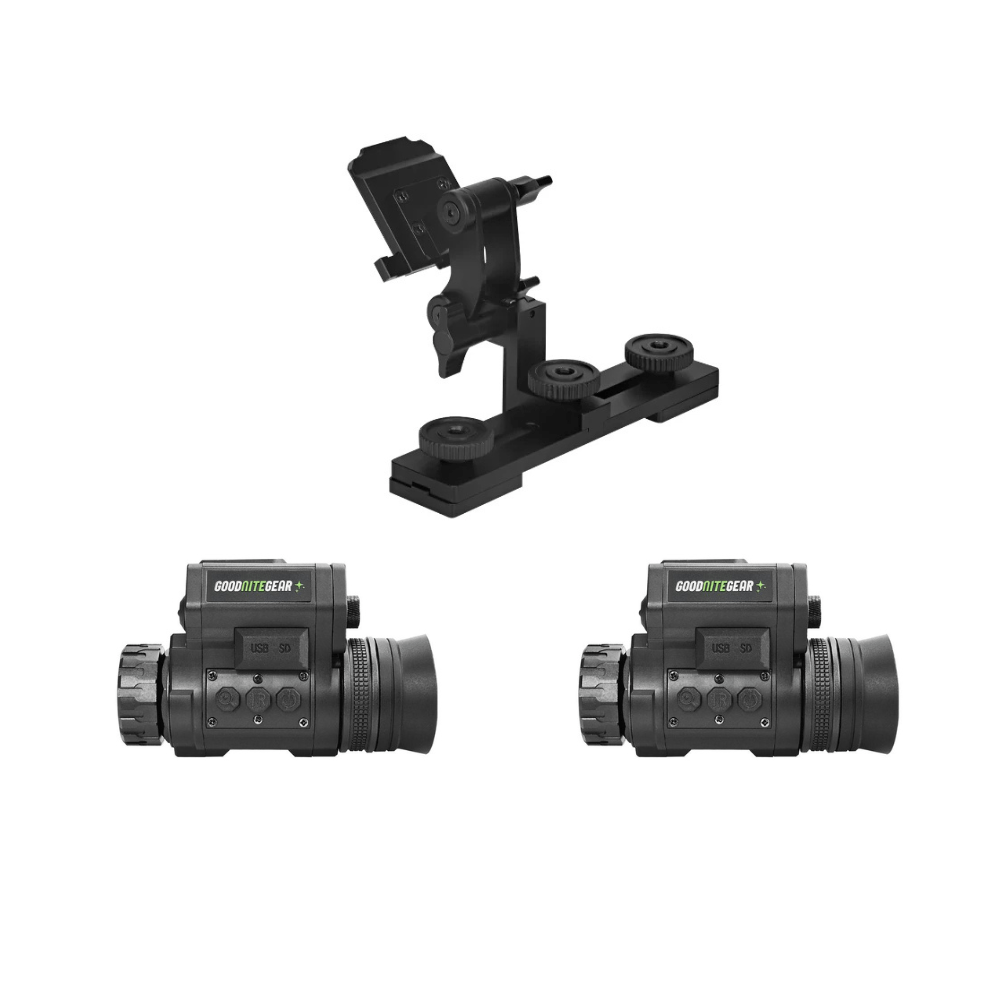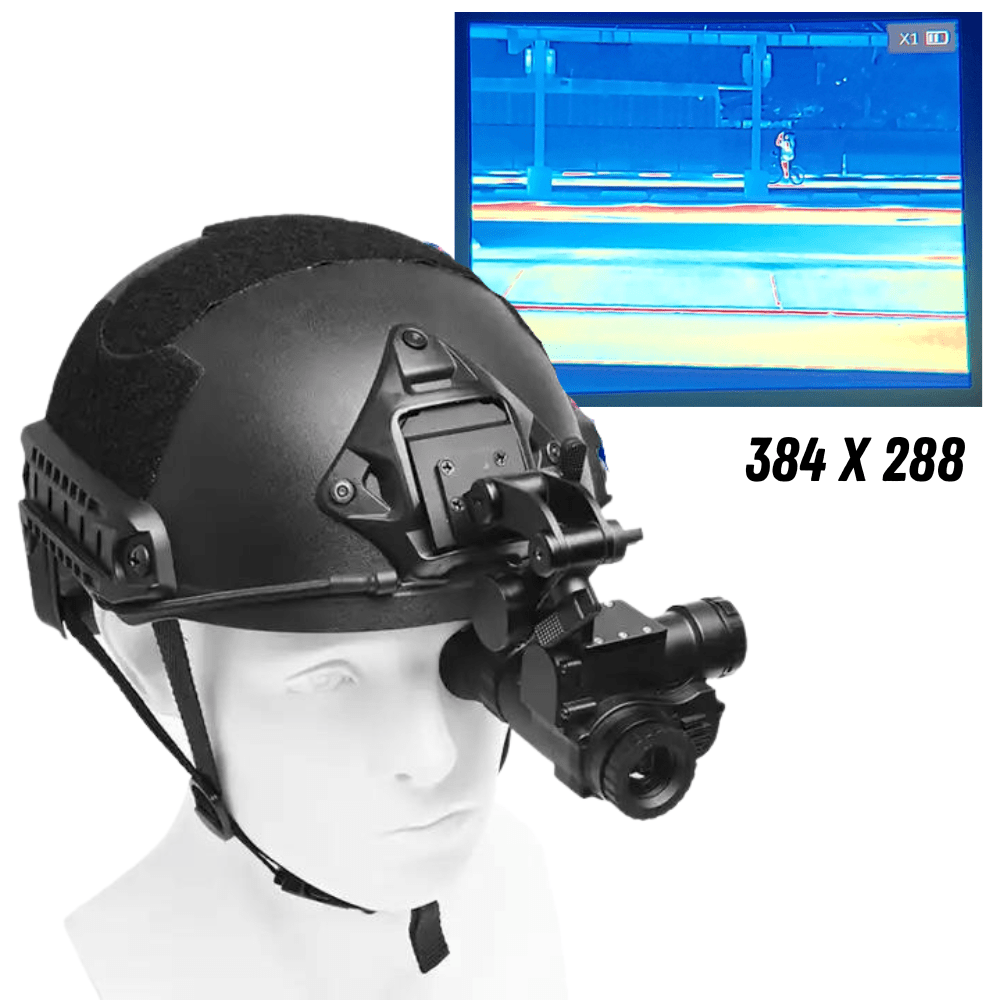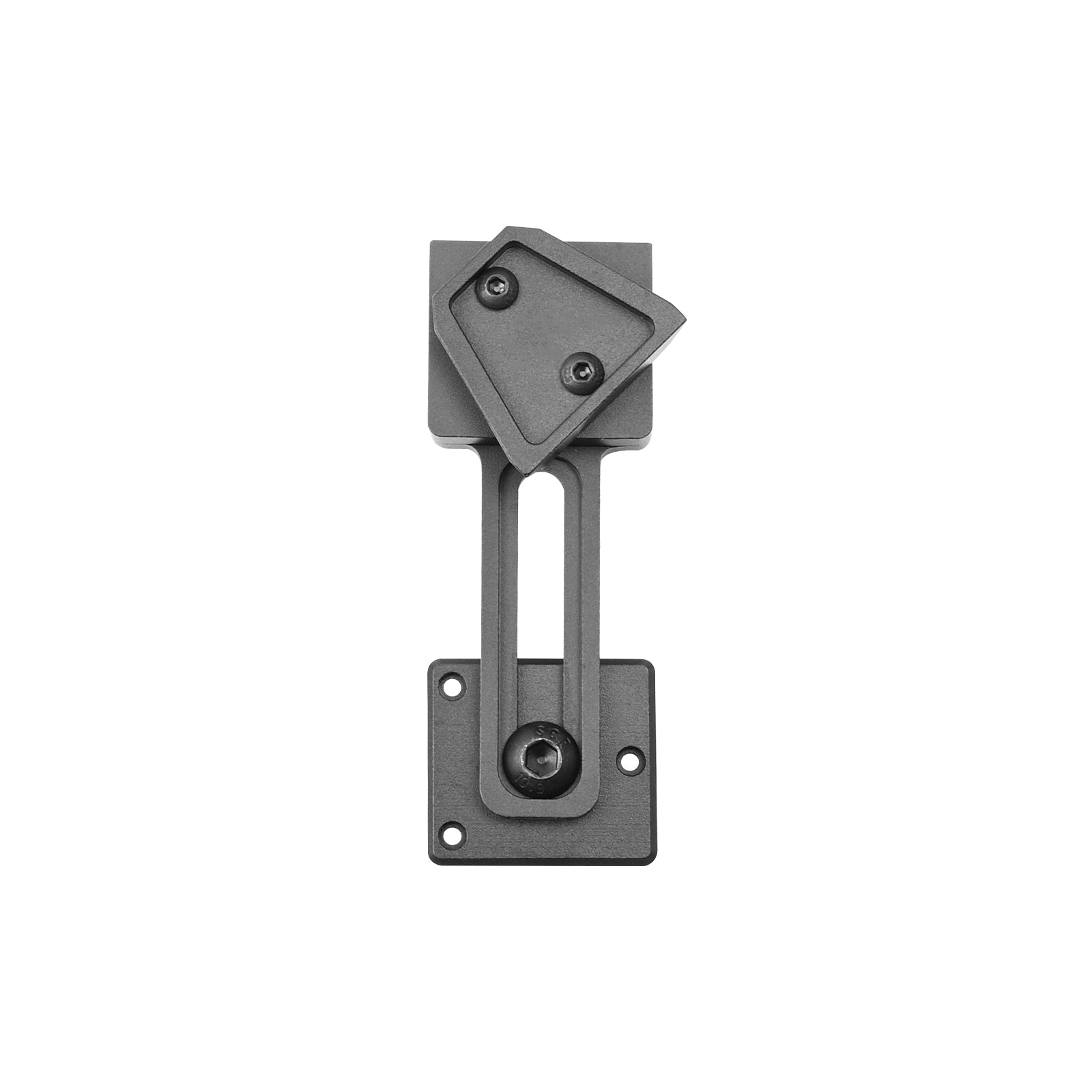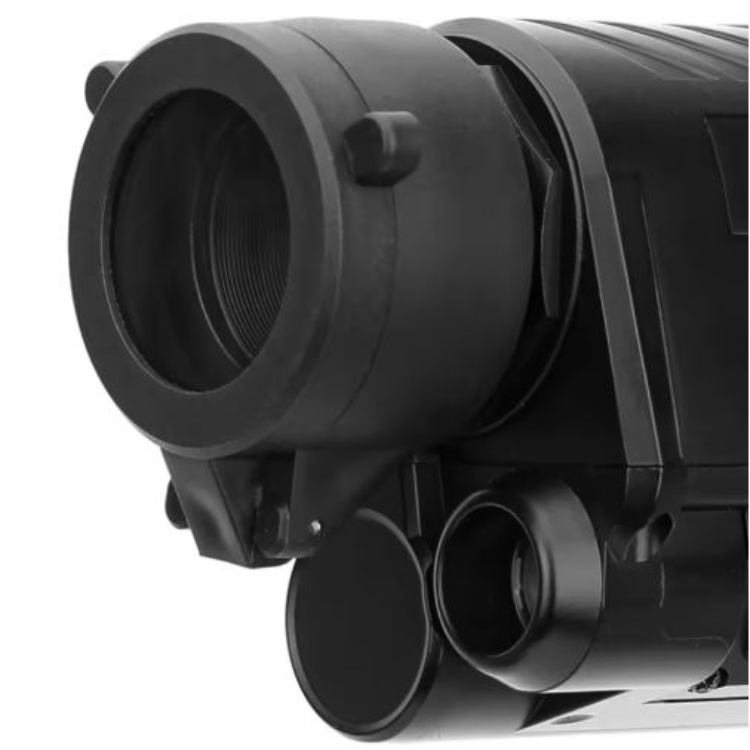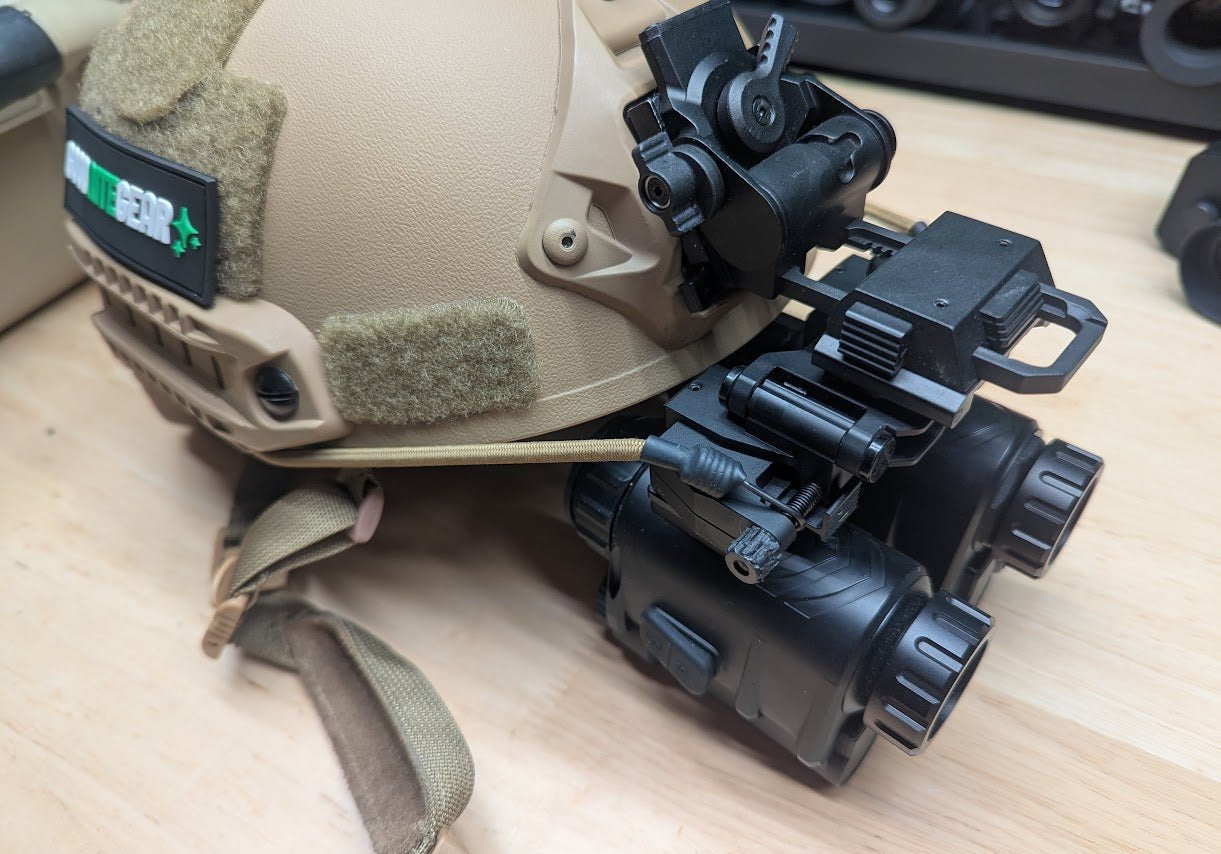Hiking, birdwatching, and stargazing are some outdoor hobbies that you can enjoy to the fullest with the help of monoculars. But how to choose a monocular for any adventure?
A monocular is a good portable, compact substitute for binoculars. Good Nite Gear Sho further explains how to choose a monocular for any adventure, considering your requirements and environment.
What is a Monocular and How Does it Work?
A monocular is a tiny optical device made for one-eye vision. It works similarly to a little telescope. It magnifies distant objects with lenses and prisms.
The tiny size and lightweight of a monocular makes it famous among recreational explorers who wish to carry minimal equipment.
Differences Between Binoculars and Monoculars
Both devices have the same viewing function. However, monoculars are different in the following ways:
Weight and Size
Monoculars are small and light.
Depth Perception
With both eyes, binoculars provide superior depth perception.
Easy to Use
One-handed operation is possible with monoculars.
Cost
Monoculars are usually less expensive than similar-quality binoculars.
Monoculars are an excellent choice for consumers looking for mobility and simplicity.
Also, read about thermal monoculars.
Advantages of Using a Monocular for Outdoor Activities
Monoculars perform well in a variety of settings because they are:
-
Simple to fit in a purse or pocket
-
Perfect for short, single-eye viewing
-
Beneficial for pursuits like hunting, hiking, and watching sports
-
Undetectable compared to binoculars, ideal for observing animals
How to Choose a Monocular for Any Adventure?
When choosing a monocular, take into account:
5x–12x Magnification
Increased magnification improves clarity but decreases stability.
Objective Lens Size (e.g., 42mm)
Brightness is enhanced with bigger lenses.
Lens Coating
Lenses with several coatings enhance light transmission and decrease glare.
Field of View
When dealing with moving things, a larger FOV is beneficial.
Eye Relief
For those who use glasses, at least 14mm.
Weather Resistance
For tough use, waterproof and fog-proof choices are best.
Get the best GNG tactical bump helmets for enhanced safety.
How Does Magnification in a Monocular Affect Its Performance?
Although high magnification brings objects closer, it also narrows the field of view and can shake images. Lower magnification provides steadier perspectives for monitoring birds or seeing quick action.
Are Monoculars Suitable for Birdwatching or Stargazing?
Indeed. For birding, select an 8x–10x magnification with a large field of view. For improved nighttime performance, seek bigger lenses (50mm+) and tripod compatibility for stargazing.
What Are the Pros and Cons of Compact vs. Full-Sized Monoculars?
-
Compact monoculars are easy to carry and lightweight, although less valuable in dim light.
-
Full-sized monoculars are heavier yet offer better performance and brighter views.
Your selected features, use, and adventure style will all influence your choice of monocular.
The Bottom Line
Comprehending how to choose a monocular for any adventure reveals the unbeatable accuracy and reliability of our collection. Our night vision monoculars are manufactured for numerous adventurous and professional applications. These small, powerful gadgets operate best in low-light. They offer excellent clarity and endurance. Therefore, they are the perfect partner for you!
We are honored to present our market-leading night vision goggles and monoculars. Each equipment exhibits exceptional optics and robust, reliable design. Our products offer the finest visibility whether you are conducting tactical operations or observing wildlife in the dark. No matter the objective, they guarantee you remain completely equipped because they are built for demanding situations.
Visit our products page to view our entire collection of night vision equipment. Contact us to discover the most suitable solution for your midnight explorations.
Hiking, birdwatching, and stargazing are some outdoor hobbies that you can enjoy to the fullest with the help of monoculars. But how to choose a monocular for any adventure?
A monocular is a good portable, compact substitute for binoculars. Good Nite Gear Sho further explains how to choose a monocular for any adventure, considering your requirements and environment.
What is a Monocular and How Does it Work?
A monocular is a tiny optical device made for one-eye vision. It works similarly to a little telescope. It magnifies distant objects with lenses and prisms.
The tiny size and lightweight of a monocular makes it famous among recreational explorers who wish to carry minimal equipment.
Differences Between Binoculars and Monoculars
Both devices have the same viewing function. However, monoculars are different in the following ways:
Weight and Size
Monoculars are small and light.
Depth Perception
With both eyes, binoculars provide superior depth perception.
Easy to Use
One-handed operation is possible with monoculars.
Cost
Monoculars are usually less expensive than similar-quality binoculars.
Monoculars are an excellent choice for consumers looking for mobility and simplicity.
Also, read about thermal monoculars.
Advantages of Using a Monocular for Outdoor Activities
Monoculars perform well in a variety of settings because they are:
-
Simple to fit in a purse or pocket
-
Perfect for short, single-eye viewing
-
Beneficial for pursuits like hunting, hiking, and watching sports
-
Undetectable compared to binoculars, ideal for observing animals
How to Choose a Monocular for Any Adventure?
When choosing a monocular, take into account:
5x–12x Magnification
Increased magnification improves clarity but decreases stability.
Objective Lens Size (e.g., 42mm)
Brightness is enhanced with bigger lenses.
Lens Coating
Lenses with several coatings enhance light transmission and decrease glare.
Field of View
When dealing with moving things, a larger FOV is beneficial.
Eye Relief
For those who use glasses, at least 14mm.
Weather Resistance
For tough use, waterproof and fog-proof choices are best.
Get the best GNG tactical bump helmets for enhanced safety.
How Does Magnification in a Monocular Affect Its Performance?
Although high magnification brings objects closer, it also narrows the field of view and can shake images. Lower magnification provides steadier perspectives for monitoring birds or seeing quick action.
Are Monoculars Suitable for Birdwatching or Stargazing?
Indeed. For birding, select an 8x–10x magnification with a large field of view. For improved nighttime performance, seek bigger lenses (50mm+) and tripod compatibility for stargazing.
What Are the Pros and Cons of Compact vs. Full-Sized Monoculars?
-
Compact monoculars are easy to carry and lightweight, although less valuable in dim light.
-
Full-sized monoculars are heavier yet offer better performance and brighter views.
Your selected features, use, and adventure style will all influence your choice of monocular.
The Bottom Line
Comprehending how to choose a monocular for any adventure reveals the unbeatable accuracy and reliability of our collection. Our night vision monoculars are manufactured for numerous adventurous and professional applications. These small, powerful gadgets operate best in low-light. They offer excellent clarity and endurance. Therefore, they are the perfect partner for you!
We are honored to present our market-leading night vision goggles and monoculars. Each equipment exhibits exceptional optics and robust, reliable design. Our products offer the finest visibility whether you are conducting tactical operations or observing wildlife in the dark. No matter the objective, they guarantee you remain completely equipped because they are built for demanding situations.
Visit our products page to view our entire collection of night vision equipment. Contact us to discover the most suitable solution for your midnight explorations.

